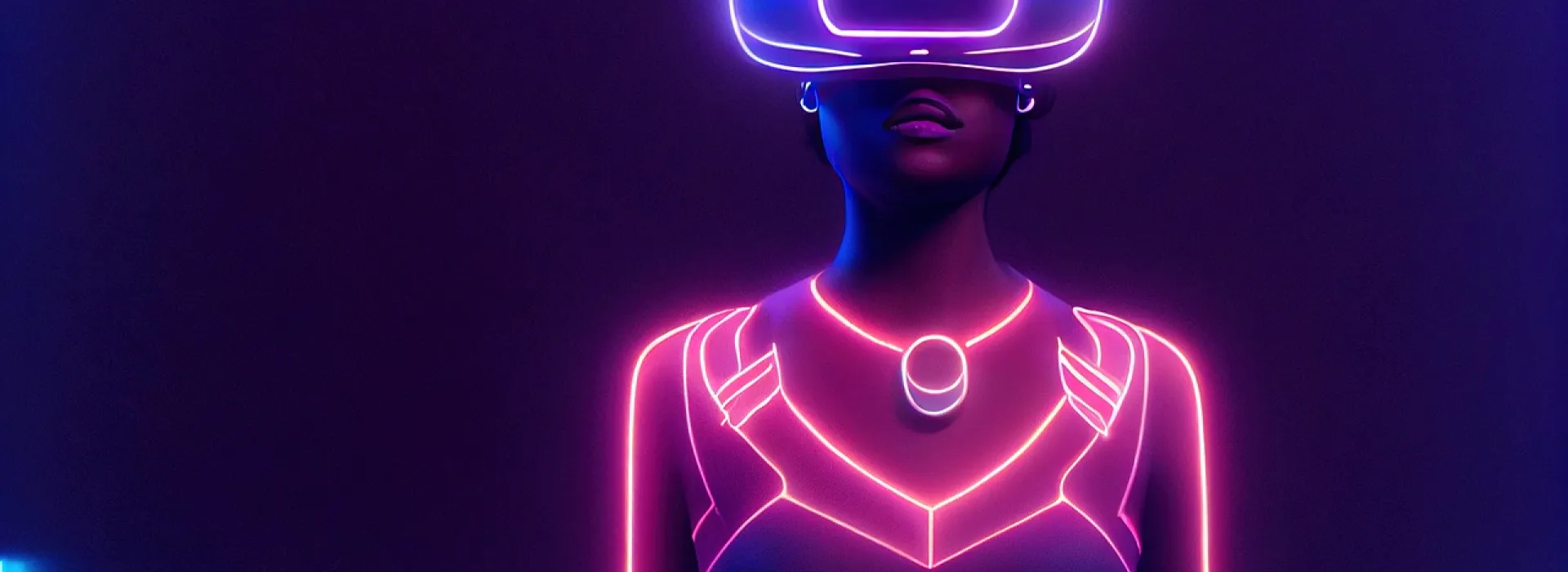How the 6 most important trends are changing event marketing in 2025

6 most important trends in event marketing
Game changer in the industry
1. Sustainability at the centrepiece
Sustainability is no longer just a trend, but an integral part of modern event concepts. Organizers must not only meet social expectations, but also comply with legal requirements such as the Supply Chain Due Diligence Act (LkSG) and the Corporate Sustainability Reporting Directive (CSRD). Sustainable planning and implementation are thus becoming the new standard and are increasingly being supplemented by innovative technologies that make events future-proof.
2. Experiences that get under your skin
Events are increasingly becoming spaces for experiences. Virtual reality, augmented reality, holographic productions, and interactive LED walls create impressive worlds. One example is the “Le Petit Chef” dinner, where an animated mini chef stages a menu directly on the plate using 3D projection. Apple is also setting new standards with its AR glasses: with razor-sharp resolution, eye tracking, and intuitive controls, they open up completely new dimensions for event visitors.
3. Community instead of celebrity glamour
Instead of prominent influencers, the focus is shifting to people who have built real trust within their community. They tell authentic stories that create closeness and make brands appear credible. Whether it's local running groups, yoga meetups, or repair cafés, bonds are formed on an equal footing. This is complemented by storytelling, broadcast channels, and targeted ads that help brands spread their messages organically and sustainably.
4. Engaging all the senses
Today's trade fair stands are more than just presentation areas; they are narrative spaces that tell stories. Smells, sounds, textures, and visual effects create multisensory experiences that engage visitors emotionally. At the same time, data-driven event management ensures that events are not only impressive but also efficient: visitor flows can be controlled in real time, experiences can be optimized individually, and future events can be planned more precisely.
5. Mindfulness as a countertrend
More and more formats are focusing on slowing down. Mindfulness events offer space for conscious experiences, far away from the hectic mainstream. Whether through digital detox, meditation, or nature experiences, participants seek meaning, emotional depth, and personal relevance. Companies also use these formats for team events and leadership programs to strengthen their corporate culture and employer branding.
6. The metaverse opens up new worlds
The metaverse opens up limitless possibilities for event marketing. Virtual spaces are created here in which participants can act as avatars, experience brands interactively, and discover products in a playful way. Platforms such as Decentraland and Roblox provide the basis for creative productions, while gamification ensures that participants remain actively involved. Particularly exciting: physical and digital experiences are increasingly merging into hybrid events.


